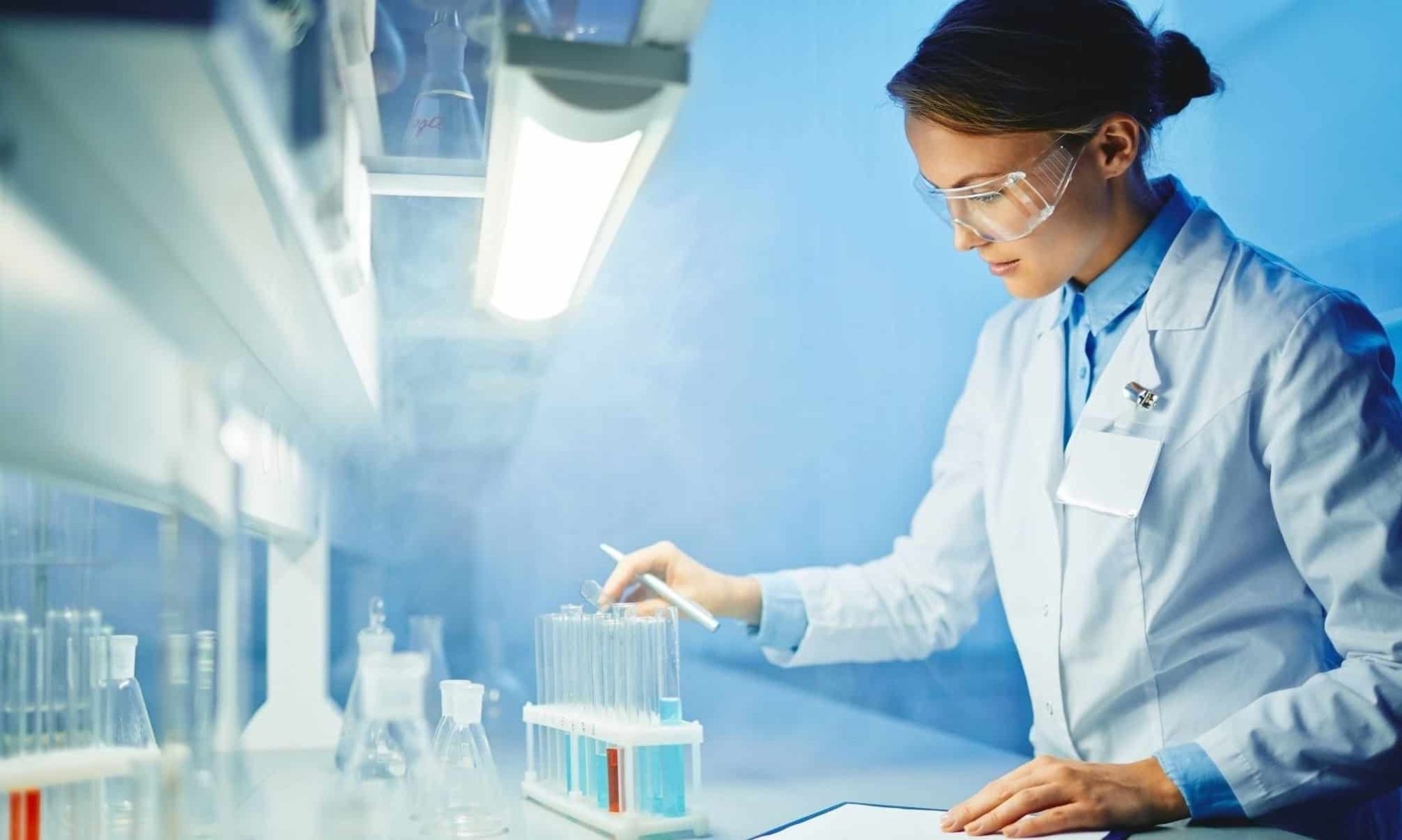Blood analysis is perhaps the most informative of all medical procedures. A blood test can reveal virtually endless data about us humans. The list is much too long to write out here, but basically blood analysis is step one in diagnosing the majority of human ailments. Blood analysis is indeed the most commonly performed medical test. For this reason, as well as because of how complex and sophisticated blood truly is, you as a patient receiving bloodwork should trust your doctor wholeheartedly.
Here at United Clinical Laboratory, we offer services ranging from routine blood analyses (such as blood cell counts or cholesterol tests), to highly complex blood analyses that assist in diagnosing genetic conditions, cancers, and other rare diseases.
More importantly, UCL offers a staff you can trust, a staff that will take great pride in every step of every procedure carried out. We offer a top-notch facility which is bolstered with cutting edge technology. This combination allows us to offer a wide range of blood tests, all with the utmost proficiency.
We’ve mentioned blood cell count tests, cholesterol tests, and diagnostic tests. What follows is a list of seven of our most commonly performed blood tests, along with a brief explanation of each. If you have questions about a test not mentioned here, or any question at all, please contact us today.
Chemistry Panel & Complete Blood Count
A chemistry panel is an umbrella term for a series of tests that together determine the general status of someone’s health. This is perhaps the most common blood analysis performed worldwide. Of course there are different types, but the general idea of chemistry panels is to draw a blood sample and run various tests that provide information on the kidneys, the liver, the respiratory system, etc.
The two most frequently performed chemistry panels are the BMP, or Basic Metabolic Panel, and the CMP, or Comprehensive Metabolic Panel. The BMP consists usually of eight blood tests, and the CMP consists usually of fourteen. Other common chemistry panels include an electrolyte panel, a lipid profile, and a liver panel.
A complete blood count is exactly what is sounds like. More regularly referred to as a CBC, it is a blood test that determines the cell count for each cell type in a patient’s blood. Both chemistry panels and complete blood counts are used mainly for disease prevention, diagnosis, or treatment.
Fibrinogen
An important factor in blood clotting, fibrinogen is a protein in the blood of all vertebrates. Disorders associated with abnormal levels and/or quality of fibrinogen include but are not limited to various types of cancer, thrombosis, liver disease, kidney disease, cardiovascular disease, and periodontal disease. Testing for irregular levels of fibrinogen, or for sub-par quality of fibrinogen, is extremely important for what should be obvious reason.
For a complete list of fibrinogen-related disorders, visit this Wikipedia page.
Hemoglobin A1c
Out of the thousands of components of human blood, hemoglobin is one of the most important by far. It is responsible for carrying oxygen from the lungs to the rest of the body. To be more literal, hemoglobin is a component of red blood cells, which are one of the four main parts of blood. The other three are white blood cells, platelets and plasma. About 35% of a red blood cell is hemoglobin.
Hemoglobin A1c, one of the many hemoglobin variants, is tested to measure someone’s blood sugar level, formerly known as a plasma glucose concentration. A1c is a glycated hemoglobin, meaning sugar molecules have bonded with it. High levels of A1c potentially detect diabetes and diseases of the heart, kidneys, nerves and/or eyes.
DHEA
Dehydroepiandrosterone is the most abundant steroid in human beings. It is the biological precursor to both estrogen and testosterone. Speaking very basically, DHEA is responsible for adrenarche, the stage before puberty, and all the physical changes that come with it, such as pubic hair, body odor, skin oil and acne. DHEA also binds with an unusually large amount of cell receptors, and for this reason is commonly sold as an over-the-counter supplement with a range of effects from mood enhancement to anti-aging.
Testing for DHEA is critical because elevated levels in the blood can indicate a wide array of diseases related to the adrenal glands, as well as rapid aging, erectile dysfunction and low bone density.
PSA
This does not stand for ‘public service announcement,’ but it is important to understand prostate-specific antigen (PSA). First and foremost, dismiss the rumor that there is no female prostate. The Skene’s glands, located on the anterior vaginal wall, function extremely similarly to the male prostate. That being said, everyone should be aware of prostate-specific antigen, or at least what abnormal levels of PSA can mean.
For men, elevated levels of PSA potentially indicate prostate disorders, from inflammation to cancer. For women, it potentially indicates uterine fibroids, breast cysts or breast cancer. Testing for PSA levels is critical, especially if already at risk for any type of cancer.
Homocysteine
Amino acids are organic compounds that have an enormous amount of different responsibilities, but are most understood as the building blocks of many human proteins. Homocysteine is a type of amino acid, and is mainly responsible for energy production through the metabolism of protein. High levels can indicate risk of stroke, heart attack, inflammation of blood vessels and/or arteries, and several other disorders. Testing for unusual homocysteine levels most often comes as a result of a patient exhibiting signs of being at risk for heart attack, stroke or blood clotting, but not having high blood pressure, high cholesterol, diabetes, or being a smoker.
C-reactive Protein
CRP is a protein found in blood plasma, and plays a crucial role in the human immune system. Levels of C-reactive protein rise in response to inflammation, which medically refers to body tissue responding to harmful stimuli. Elevated levels of CRP can indicate a wide array of diseases/disorders, including but not limited to heart disease, diabetes, hypertension, fibrosis, kidney failure, IBD, Crohn’s disease, sleep apnea, and even cancer.

